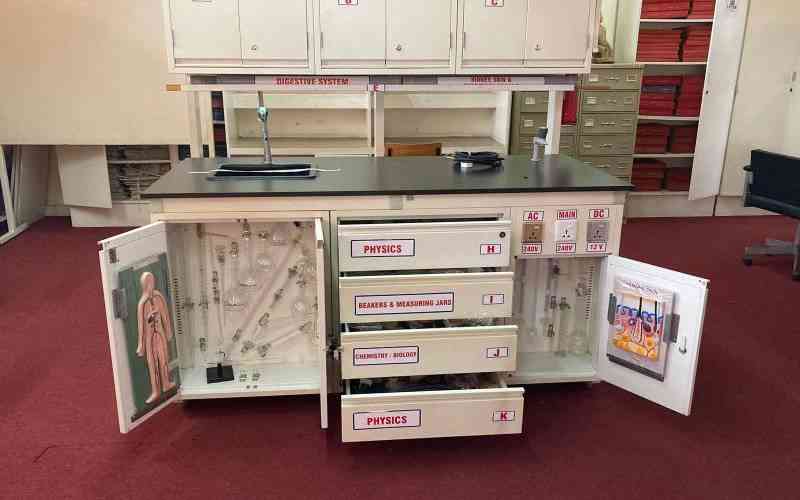×
The Standard e-Paper
Fearless, Trusted News

Kenya Institute of Curriculum Development (KICD) has been challenged to develop curriculum for Senior School (SS) that will accelerate the Kenya Kwanza government agenda on job creation.
KICD Council Chairman Simon Gicharu said curricula should be aligned with the Bottom Up Economic Transformation (BETA) model to ensure job creation for the youth.